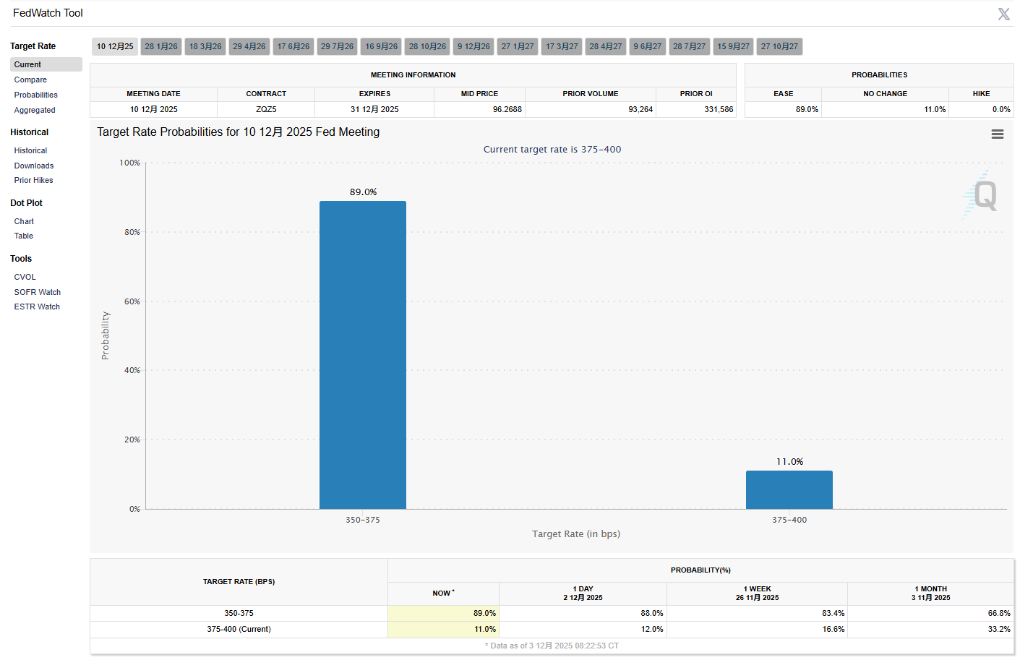Sustainable Real Estate: The Rising Potential of Treehouse Accommodations in Eco-Tourism and Green Construction
- Treehouse glamping market grows at 5.9% CAGR (2024-2030), driven by eco-tourism and sustainable construction trends. - 18-32 age group dominates demand, seeking premium nature-immersive experiences with zero-waste policies and Instagrammable features. - Europe leads with 28.5% market share in 2024, while U.S. emerges as fastest-growing region at 12.0% CAGR through 2033. - Prefabricated modules, solar power, and recycled materials enable high-margin investments with 2-3x premium pricing over traditional h
The global real estate landscape is undergoing a transformative shift as investors pivot toward sustainable ventures that align with evolving consumer preferences. Among the most promising niches is treehouse accommodations, a segment of eco-tourism that combines green construction with immersive, nature-centric travel. With the global treehouse glamping market projected to grow from USD 332.4 million in 2024 to USD 473.2 million by 2030 at a compound annual growth rate (CAGR) of 5.9%, this sector is attracting attention for its scalability, environmental alignment, and profitability.
A Convergence of Trends
The rise of treehouse accommodations is driven by two interlinked forces: the surge in eco-tourism and advancements in sustainable construction. The broader ecotourism market is expected to reach USD 279 billion in 2025, reflecting a 13.1% increase from 2023. Simultaneously, treehouse designs are increasingly integrating eco-friendly materials, solar-powered infrastructure, and smart amenities to meet the demands of environmentally conscious travelers. This alignment with green construction trends not only reduces environmental footprints but also enhances operational efficiency, making treehouse projects attractive to investors seeking both social and financial returns.
Demographics and Demand
The 18–32 age group dominates the treehouse glamping market, accounting for 47.3% of the share in 2024. This demographic, often referred to as "digital nomads" or "experience seekers," prioritizes unique, Instagrammable travel experiences over traditional hotel stays. Their willingness to pay premium prices for off-grid luxury—such as treehouse hotels with private decks, organic gardens, and zero-waste policies—has fueled market expansion. Offline booking modes currently hold a significant revenue share, as travelers value personalized interactions with hosts, but online platforms are expected to grow rapidly, driven by social media influence and targeted digital marketing.
Regional Dynamics and Investment Hotspots
Europe remains the largest market for treehouse glamping, holding a 28.5% share in 2024, thanks to its vast forested areas and established eco-tourism infrastructure. However, the U.S. is emerging as a high-growth region, with its treehouse glamping market projected to reach USD 0.70 billion by 2033 at a CAGR of 12.0%. This growth is underpinned by affluent travelers seeking "eco-luxury" experiences and the increasing availability of modular, cost-effective treehouse designs. The UK, in particular, is expected to register the fastest CAGR in the European market, highlighting the potential for regional diversification.
Construction Innovations and Profitability
Treehouse accommodations are redefining sustainable construction through innovations such as prefabricated modules, recycled materials, and energy-efficient systems. These features not only reduce environmental impact but also lower long-term operational costs. For instance, solar-powered infrastructure and smart climate controls minimize energy expenses, while the use of locally sourced timber supports regional economies. Additionally, treehouse hotels are proving to be high-margin investments, as they command premium nightly rates (often 2–3 times higher than traditional hotels) while requiring relatively lower initial infrastructure costs.
Strategic Considerations for Investors
While the market’s potential is clear, success hinges on strategic execution. Investors should prioritize locations with strong eco-tourism infrastructure, such as national parks or nature reserves, and partner with local communities to ensure cultural and environmental alignment. Additionally, leveraging digital platforms for marketing and bookings will be critical to capturing the tech-savvy 18–32 demographic. Regulatory compliance—particularly regarding land use and environmental permits—must also be addressed early to avoid delays.
Conclusion
Treehouse accommodations represent a compelling intersection of sustainable real estate, eco-tourism, and green construction. With robust growth projections, a captive demographic, and scalable models, this niche offers investors a unique opportunity to capitalize on the global shift toward responsible travel. As the market matures, early adopters who prioritize innovation and sustainability will likely reap the most significant rewards.
Source:
[1] Treehouse Glamping Market Size | Industry Report, 2030
[2] Treehouse Glamping Market Size, Share & Trends
[3] United States Treehouse Glamping Market Investment Forecasts
[4] Ecotourism and Sustainable Tourism Statistics 2025
Disclaimer: The content of this article solely reflects the author's opinion and does not represent the platform in any capacity. This article is not intended to serve as a reference for making investment decisions.
You may also like
ETFs are being launched in clusters, but coin prices are falling. Can ETF approval still be considered good news?
On one hand, Vanguard has opened Bitcoin ETF trading, while on the other hand, CoinShares has withdrawn its applications for XRP, Solana Staking, and Litecoin ETFs, highlighting a significant divergence in institutional attitudes toward ETFs for different cryptocurrencies.

ADP employment data "unexpectedly weak", is a Federal Reserve rate cut imminent?

Glassnode Report: Current Structure Strikingly Similar to Pre-Crash 2022, Beware of a Key Range!

Coinglass report interprets Bitcoin's "life-or-death line": 96K becomes the battleground between bulls and bears—Is the ETF capital withdrawal an opportunity or a trap?
Bitcoin's price remains stable above the real market mean, but the market structure is similar to Q1 2022, with 25% of supply currently at a loss. The key support range is between $96.1K and $106K; breaking below this range will increase downside risk. ETF capital flows are negative, demand in both spot and derivatives markets is weakening, and volatility in the options market is underestimated. Summary generated by Mars AI. The accuracy and completeness of this summary are still being iteratively updated by the Mars AI model.
